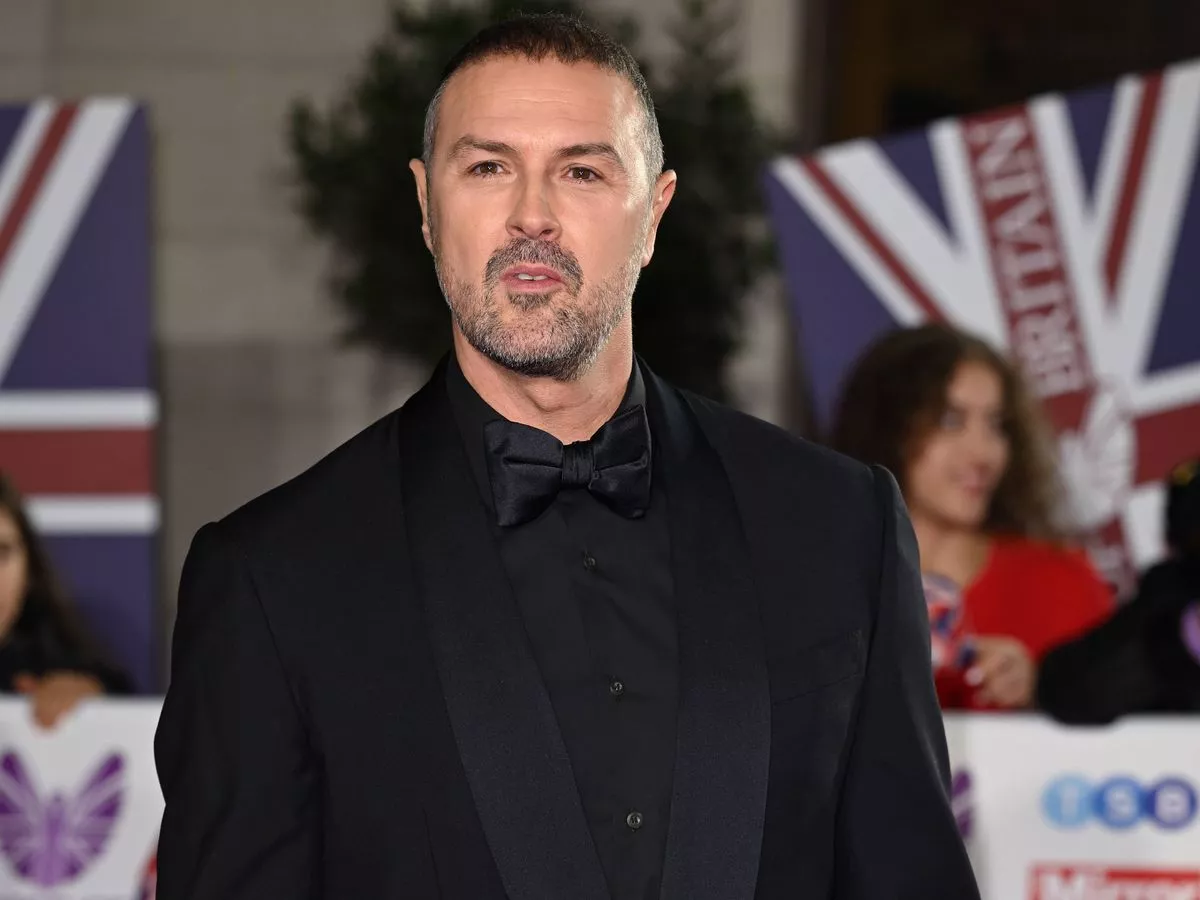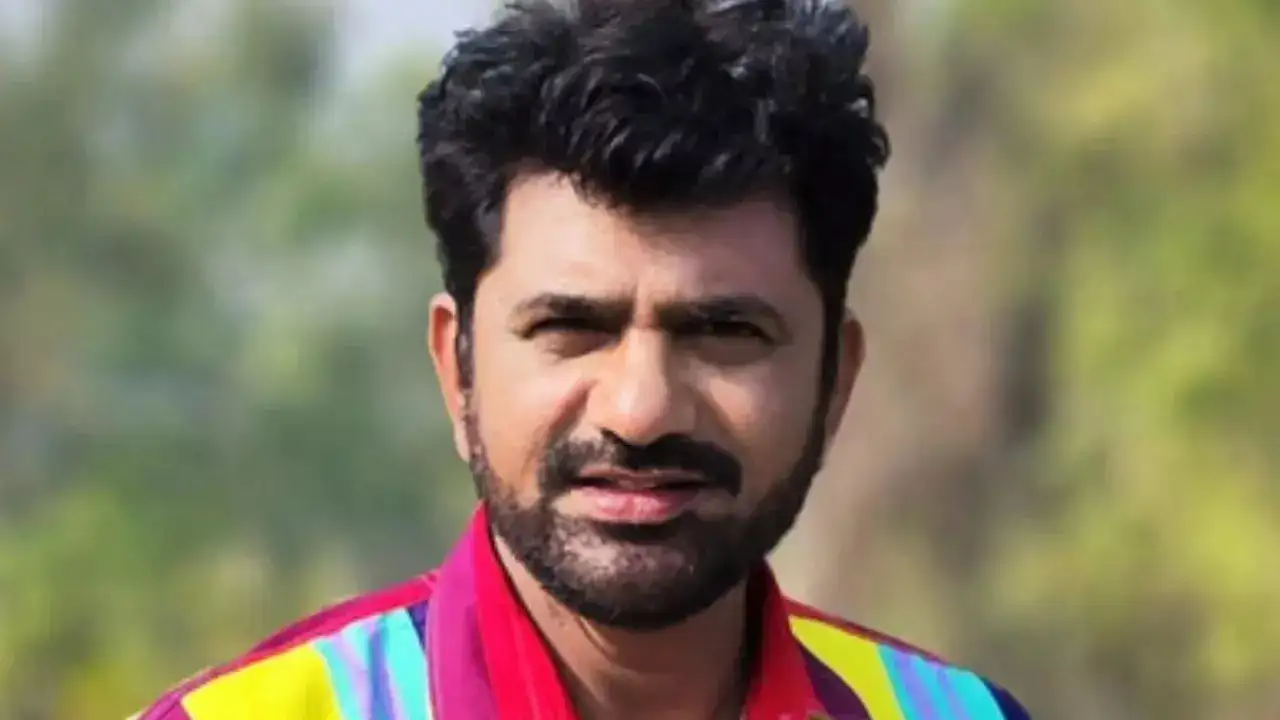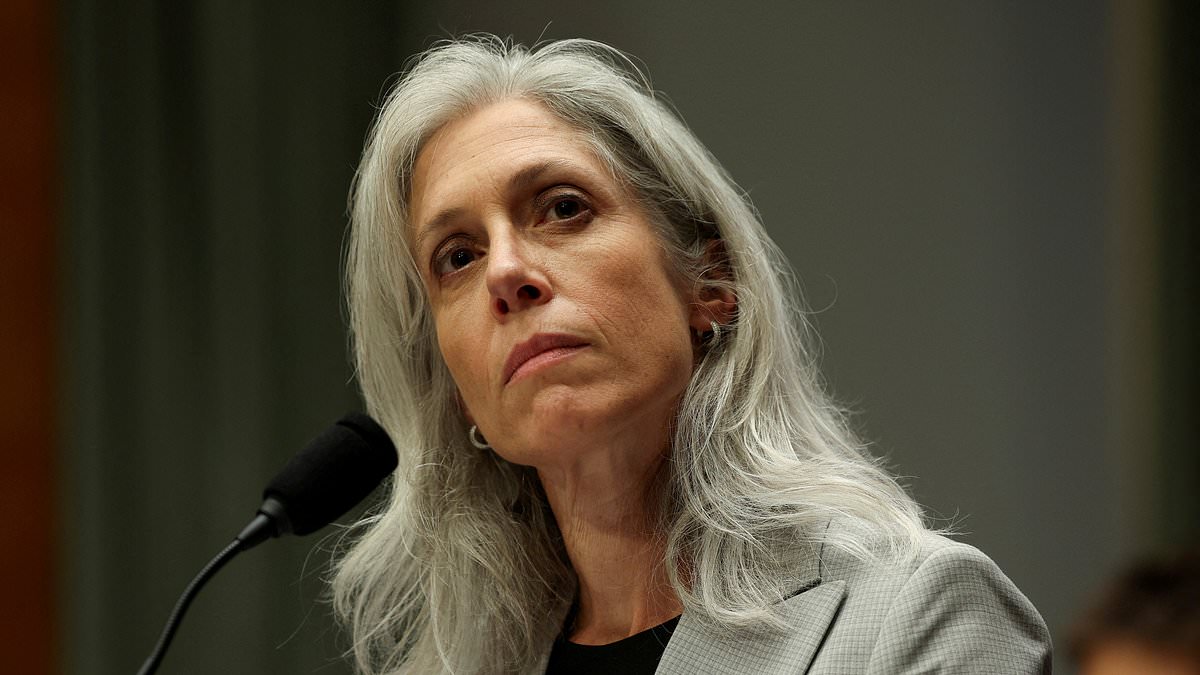By Jessica Sansome,Ravi Meah
Copyright dailystar

Former Take Me Out host Paddy McGuinness made a heartbreaking admission about his mental health as he revealed for the first time his battle with depression. The TV presenter said he felt like he was “drowning” during one of his low points and admitted he was in “shock” when he was formally diagnosed by doctors. After his ex-wife Christine nudged him towards therapy, Paddy said talking to an expert felt like a “weight off his shoulders” and found solace in making their BBC documentary about dealing with their children’s autism. The 52-year-old revealed his struggles to Fearne Cotton on her Happy Place podcast, just days after he fought back tears to announce the death of boxing legend and close friend Ricky Hatton live on air during his BBC Radio 2 show. When he was first asked about his diagnosis, Paddy admitted he was “shocked” by his failure to identify the early signs of depression, which had slowly crept up on him. He coped by diving straight into work. Paddy shared: “Firstly, a shock because with depression – personally, you don’t realise it. It’s people around you, your friends and your family who will kind of [say] you’re not yourself today or you’re reacting a little bit differently. And me at the time, when it started creeping in, my first twins were diagnosed with autism and that was a lot to take on and to sort of compute. “Because before you have children – and this is me speaking as a bloke – you have an idea in your head of how it’s going to be. So, you know, on the park, a game of football or you’re going to go here and you do that, you do this and all that, then all of a sudden it all changes. “So, I didn’t realise how much that started creeping into my mind and how sort of just how upset I was at the time and not being able to deal with things and what have you. So you throw yourself into work and like most people, you think, ‘Oh, I’ve got to, I’ve got to provide for my family and I’ve got to try and get as much as I can now because these children are going to need as much support as possible’.” Paddy was reluctant to seek help at first, but after some careful persuading by Christine , he relented and gave it a go. He even admitted wanting to give up therapy altogether, only for one moment to change everything. “I went there and started talking to this therapist, and it was kind of all right, but it didn’t really work for me. I saw two different therapists and thought, ‘I’m wasting my money here.’ And then someone got in touch and said, ‘There’s this guy at the Priory and he said he’ll see you.’ And I was like, ‘Oh, come on. All right, I’ll give it a go this last time’. “And honestly, after that first hour, I felt just light. I felt like I got so much off my chest and talking about my children and autism and my life. And there’s no two ways about it. I honestly felt like, ‘God, I wish I had done this sooner’. It’s like a weight off your shoulders.” In 2021, the documentary Paddy and Christine McGuinness: Our Family and Autism was released, providing an intimate look into the couple’s life raising their three children Leo, Penelope and Felicity, all diagnosed with the neurological condition. Paddy confessed that creating the film was the lifeline he desperately needed during a challenging period. He said: “I felt like I was drowning and I needed help, and I wanted someone to throw me a lifeline. “And I thought, ‘I need to speak about this’, because what was happening is I was going to work and doing shows, which is all jazz hands, and dealing with management and different things, and no one had a clue what was going on. “I need to talk to someone about this. So the idea of the documentary was originally to try and get some help.” Christine and their three children have all been diagnosed with autism, and Paddy acknowledged that it was the “little things” that brought his depression to the forefront, reports the Manchester Evening News . He added: “They’re all little chinks in the armour that were slowly being eroded that I didn’t realise. “But again, on the positive, the job is brilliant for then talking about things because you’re going to reach more people and you’re going to make more people aware, so I take the positives out of things like that.”



